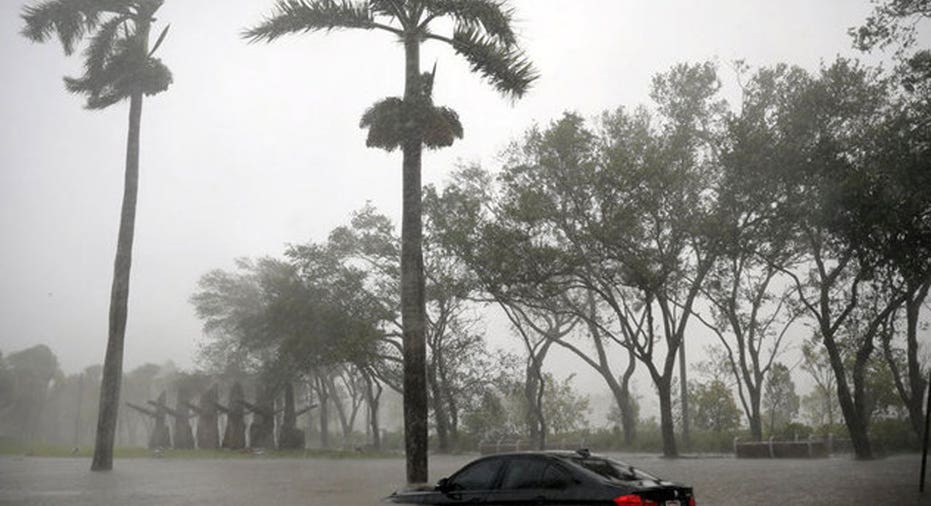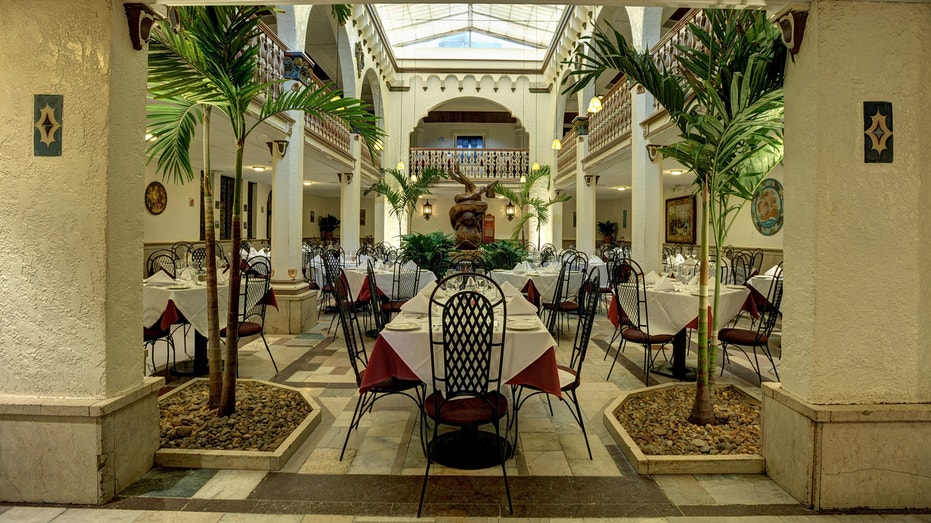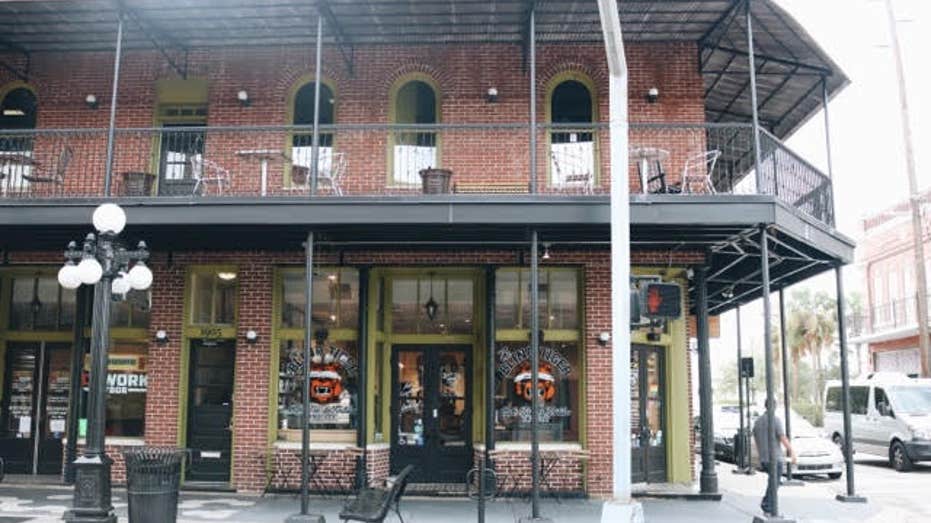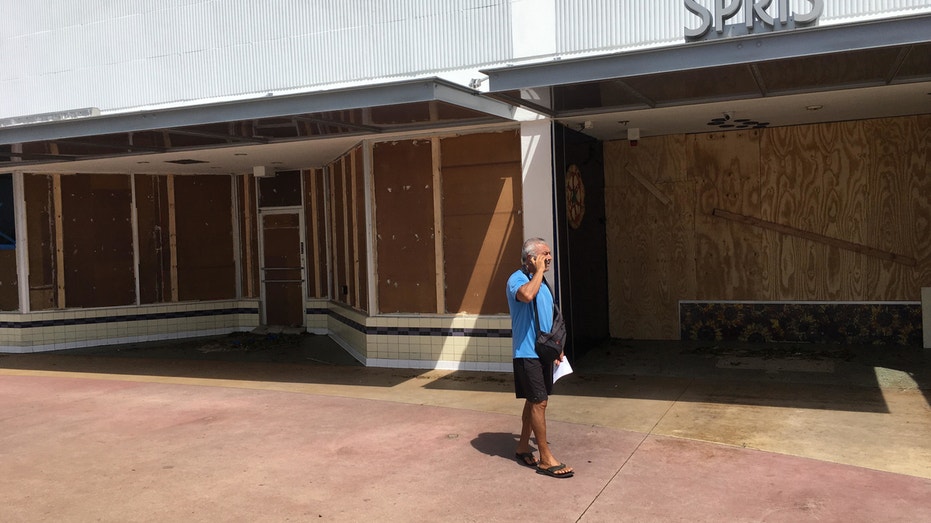Weathering a nasty storm: Secrets from small business

A shrewd small business owner is always scouring the horizon, looking for proverbial dark clouds that threaten to upend the landscape of supply and demand.
However, an even shrewder small business owner is always scouring the horizon, looking for real dark clouds that threaten to upend the landscape with high winds and torrential rain.
Although no business is safe from Mother Nature's fury, major storms such as hurricanes and Nor'easters are particularly damaging to small business. Nearly 40% of small businesses close after a disaster, according to the Federal Emergency Management Agency.
And if a storm shutters a small business, there's a good chance it stays shuttered for good. Only 25% of businesses that close due to a major disaster ever reopen, according to the Institute for Business & Home Safety.
Although those statistics are admittedly bleak, it's not impossible to weather a terrible storm.
Irma: An Unwanted Visitor
"It's all about having a plan," said Roberto Torres, owner of Black & Denim, a boutique clothing store with 3 locations in Tampa.
Torres was one of the thousands of small business owners who found themselves in the crosshairs of Hurricane Irma as the storm made landfall in Florida on September 10, 2017.
Although Torres had an emergency plan ready to go, he was hopeful he wouldn't need it. "They were saying it was going to turn and go out the Atlantic," Torres added. "But as the storm neared, the track changed and we knew that wasn't going to happen."
In Miami, restaurateur Graziano Sbroggio was also hoping for the best but preparing for the worst. As the owner of 7 restaurants, including Spris Pizzeria, a hotspot in Miami Beach, he survived Hurricane Andrew in 1992, and knew preparation would be critical. "We prepared as much as we could," he said.

Meanwhile, the Columbia Restaurant Group also rapidly put its contingency storm plans in place. "With the hurricane spanning the width of Florida, all 13 of our restaurants were in harm’s way," explained Michael Kilgore, the firm's Marketing Director. "Our executive team was meeting daily to monitor developments and to tweak our plan on the fly."
About 48 hours ahead of impact, all of these small business owners - and many others - shifted into high gear.
Knowing their human resources were their most valuable resources, they all made the welfare of their employees priority one. We implemented an internal communications tree," Kilgore explained, for efficient and fast messaging before, during and after the storm.
The owners also gathered supplies needed to secure their businesses.
Because two of his stores are located in Tampa's historic district, Torres knew the panes of his windows were a top priority. Too fragile to withstand hurricane force winds, he spent a lot of time and money boarding up the glass.

Sbroggio took down awnings, and brought everything inside that wasn't bolted down. "I've done this before, and in the days before a hurricane, everyone lends a hand." The restaurant owners also tested their generators, critical in the event of a power outage.
As the storm approached, the atmosphere grew tense. Everyone closed well in advance of landfall, and as the hour of impact drew near, these small business owners hunkered down in their homes with family and friends. "That's all we could do." Torres said.
The Moment Arrives
For much of Florida, the worst of the storm hit Sunday night and early Monday morning. At the storm's midpoint, Sbroggio spoke of an eerie quiet interrupted by the sounds of tornado alarms. Torres remembered tree limbs from high above snapping and crashing to the ground.
Although some small businesses were devastated by Irma, the preparation and the prayers paid off for these entrepreneurs. The biggest challenge for all of them involved downed power lines and the impact of not having electricity for several days.

For Graziano Sbroggio and the Columbia Restaurant Group, those generators tested ahead of the storm powered refrigerators that prevented food from going bad. Food costs can be one of the most difficult costs to manage in the best of weather, let alone a hurricane.
At Black & Denim power loss shuttered stores for 3 days. "In the end we lost thousands of dollars in sales," Torres admitted, “But nothing that couldn't be managed. I feel like we dodged a bullet."
The Lesson
According to FEMA, out of 859 businesses that responded to the Florida Economic Opportunity Department survey, 724 (84.3%) small businesses lost sales due to Hurricane Irma, with 208 (24.2%) unable to open their primary business location, at least temporarily.
When asked how they were able to make it through the storm relatively unscathed, Graziano Sbroggio, Roberto Torres and Michael Kilgore, all agreed that the plans they made long before the storm ever appeared on any radar screen played a central role in their success.
"We were very fortunate," said Kilgore, who recommended small businesses make a checklist so every action that needs to be taken before a storm is spelled out clearly. It also ensures small but important details are not overlooked.
"Carry the proper insurance and keep important documents accessible," said Torres, who felt insurance provided him with some peace of mind.
"Also keep cash handy," Sbroggio added. "And of course, pray!"
Lee Howard is a freelance writer who has been covering finance, consumer and business news for more than 20 years. A graduate of Monmouth University, he's also a playwright and script writer of documentaries.



















